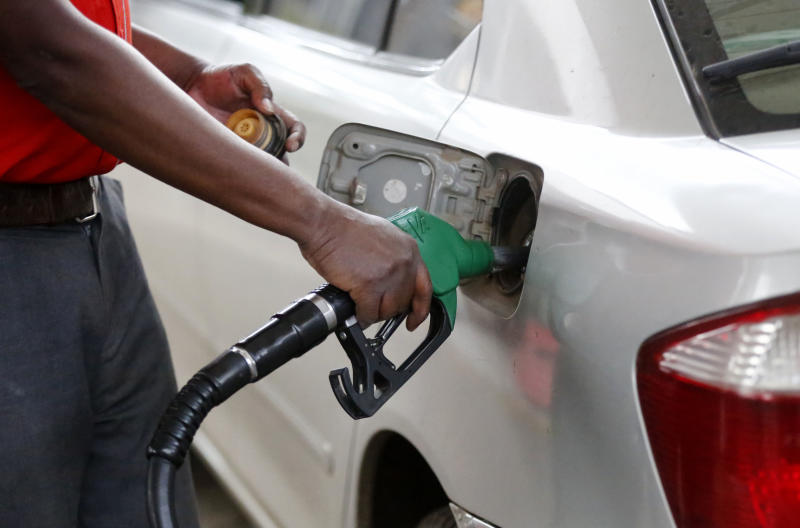×
The Standard e-Paper
Stay Informed, Even Offline

The retail price of petrol will this morning hit Sh112 per litre in Nairobi, the highest since August 2014.
The price of the fuel has risen for the last 11 consecutive months following a surge in the price of crude oil in the international market.